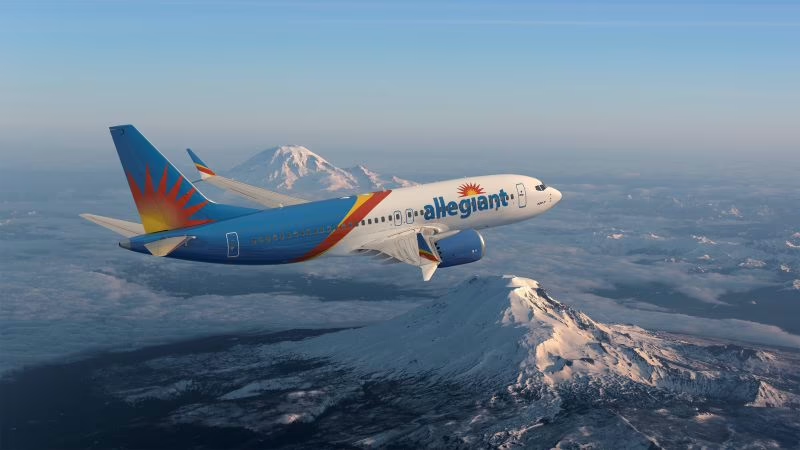Allegiant Alters Common-Fleet Strategy With 50-Plane 737 MAX Order

Allegiant Boeing 737 MAX
Credit: Allegiant
Allegiant Air announced a new order for 50 Boeing 737 MAX aircraft with options for up to 50 more, in a move that injects a second aircraft type into the ULCC’s long-term strategic growth plans for the first time and gives Boeing a much-needed sale to a loyal Airbus customer. The deal announced Jan...
Subscription Required
This content requires a subscription to one of the Aviation Week Intelligence Network (AWIN) bundles.
Schedule a demo today to find out how you can access this content and similar content related to your area of the global aviation industry.
Already an AWIN subscriber? Login
Did you know? Aviation Week has won top honors multiple times in the Jesse H. Neal National Business Journalism Awards, the business-to-business media equivalent of the Pulitzer Prizes.


